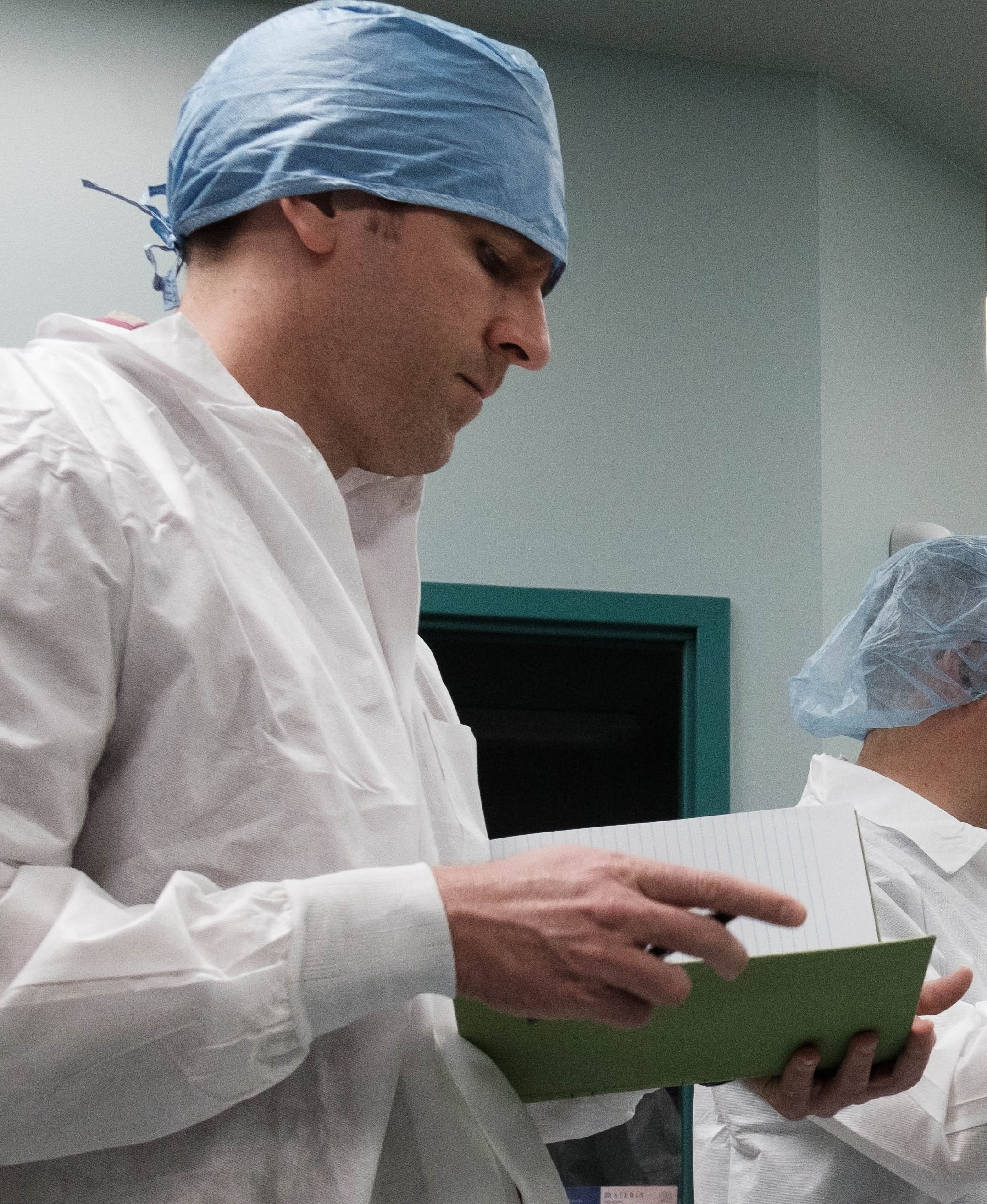Verona Integron-Encoded Metallo-Beta-Lactamase-Producing Carbapenem-Resistant Pseudomonas Aeruginosa Infections Associated with Elective Invasive Medical Procedures in Mexico – Multiple U.S. States, 2018-2019
- During 2018–2019, CDC identified a multi-state outbreak of a highly resistant strain of Pseudomonas aeruginosa (Verona Integron-Encoded Metallo-β-Lactamase-Producing Carbapenem-Resistant Pseudomonas aeruginosa or VIM-CRPA). The majority of patients were medical tourists who had weight loss surgery at a single facility in Tijuana, Mexico. This outbreak investigation highlights the potential for acquiring infections with highly antibiotic-resistant organisms not commonly found in the United States when receiving health care abroad.
- Antibiotic resistance is a global public health threat. Hospitalization and invasive procedures abroad might result in difficult-to-treat infections with antibiotic-resistant bacterial strains that are rare in the United States. Once imported into this country, these strains can spread within U.S. health care facilities. Pseudomonas aeruginosa, the pathogen that caused these infections, is especially concerning because it can acquire resistance genes from other bacteria and cause antibiotic-resistant infections that are currently rare in the U.S. This germ was listed in CDC’s AR Threat Report as a serious threat.
- Increased awareness of the potential to acquire antibiotic resistant organisms that are uncommon in the United States when seeking healthcare abroad is needed by patients and healthcare providers. Patients who become ill after returning to the United States following medical treatment abroad are advised to report any hospitalizations or other medical care to their medical providers. Providers should take a travel history and screen patients with recent hospitalization abroad for resistant organisms on admission to a U.S. hospital. Early detection of VIM-CRPA (and other highly resistant organisms) and associated infection control measures and public health responses have the potential to prevent spread of these resistant organisms in U.S. healthcare settings.
“Our investigation identified an outbreak at a single Tijuana facility where approximately one hundred Americans each month underwent elective weight loss surgery. CDC issued a travel alert warning against surgery at this facility, helping to prevent further infections. Additionally, through state and local public health partners, we reached out to hundreds of patients exposed to the facility to ensure that they sought care promptly if they developed signs of infection and that they told their medical providers about their exposure in order to prevent spread of the organism in the U.S.”
– Ian Kracalick, PhD, MPH, EIS Class of 2017
 [JPG - 2 MB]
[JPG - 2 MB]EIS officer Ian Kracalik, PhD, MPH, assesses infection control practices in the operating room of a hospital
CDC Media Relations
(404) 639-3286
media@cdc.gov

Ian Kracalick, PhD, MPH,
EIS Class of 2017
CDC National Center for Emerging and Zoonotic Infectious Diseases
Division of Healthcare Quality Promotion
Education: PhD: University of Florida, Present
MPH: University of Florida, 2012
MA: California State University, Fullerton, 2009
Work Experience: Lab Manager and Graduate Research Assistant, University of Florida and Emerging Pathogens Institute, Gainesville, Florida,2015-Present
Spatial Epidemiologist/Research Associate, University of Florida and Emerging Pathogens Institute, Gainesville, Florida, 2009-2015
Graduate Research Assistant,California State University Fullerton, Fullerton,California, 2008-2009
Volunteer Experience: Interdisciplinary Honors Seminar –
Instructor, Student Science Training Program
University of Florida, Gainesville, Florida,
2011-2011